Gratitude for Educational Possibilities
“An investment in knowledge always pays the best interest.”
– Benjamin Franklin
What (or who) are you grateful for when it comes to education? In my case, I think about the lives that have been transformed by teachers, students, and parents who’ve pioneered and supported new modes and models in education.
I deeply appreciate teachers such as Innovative Educator Prize (IEP) recipient Micah Johnson of Headland Middle School in Headland, Alabama. Johnson is helping his students bridge the gap between their rural environment and the abundance of resources available to them via technology. Using iPad Minis, Headland students are advancing their understanding of agricultural studies—preparing them to be leaders in supporting their community’s agricultural background and needs.
Or Dr. Christine Lay of Gettysburg Area School District (GASD) in Pennsylvania. Dr. Lay and her team used their IEP grant to adapt instruction to meet a variety of challenges, including an increase in student enrollment transiency, a larger economically disadvantaged student population, and an expanding diversity in individual student learning gaps. GASD designed a blended learning program that incorporates a station rotation model to create an engaging learning environment that fosters student success and promotes digital age learning skills.
I'm beyond grateful for students such as Ericka Woods who, with the guidance and support of their parents, are taking their education into their own hands. Ericka wasn’t thriving in her traditional Chicago-area public school. So she and her mother decided Ericka’s education would be best served at a school that would allow her to flourish not just academically, but also socially.
They found it at Chicago Virtual Charter, a blended online school. Once Ericka saw that she wasn’t the only shy one, she grew in confidence to the point that she became a mentor to younger students who’d had similar experiences at brick-and-mortar high schools.
Or Ashli Fitts of High Point, North Carolina. A transition from traditional to online learning enabled Ashli to transcend the environment of a violent inner-city upbringing. Access to a high-quality curriculum helped her develop the initiative, discipline, and skills to take on any challenge in front of her. Ultimately, her educational experiences led to her acceptance at Stanford.
There are so many possibilities that education can and should afford to our children; supporting innovative educators who help to create those opportunities is a commitment we've undertaken at FoS. I’m grateful for this transformation in learning, for the additional progress to come, and for the role that our organization plays in amplifying the voices of students and teachers
throughout America.

